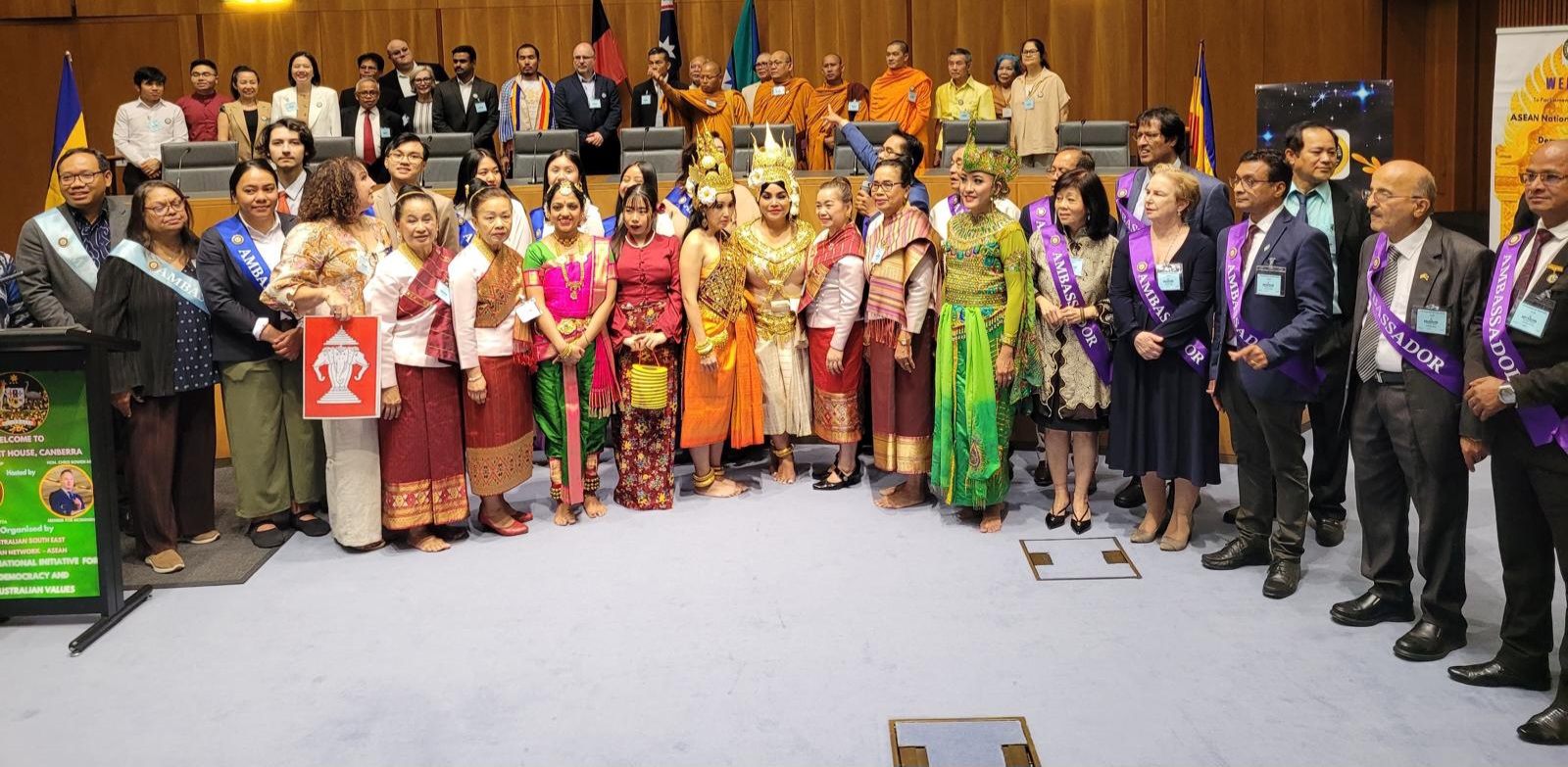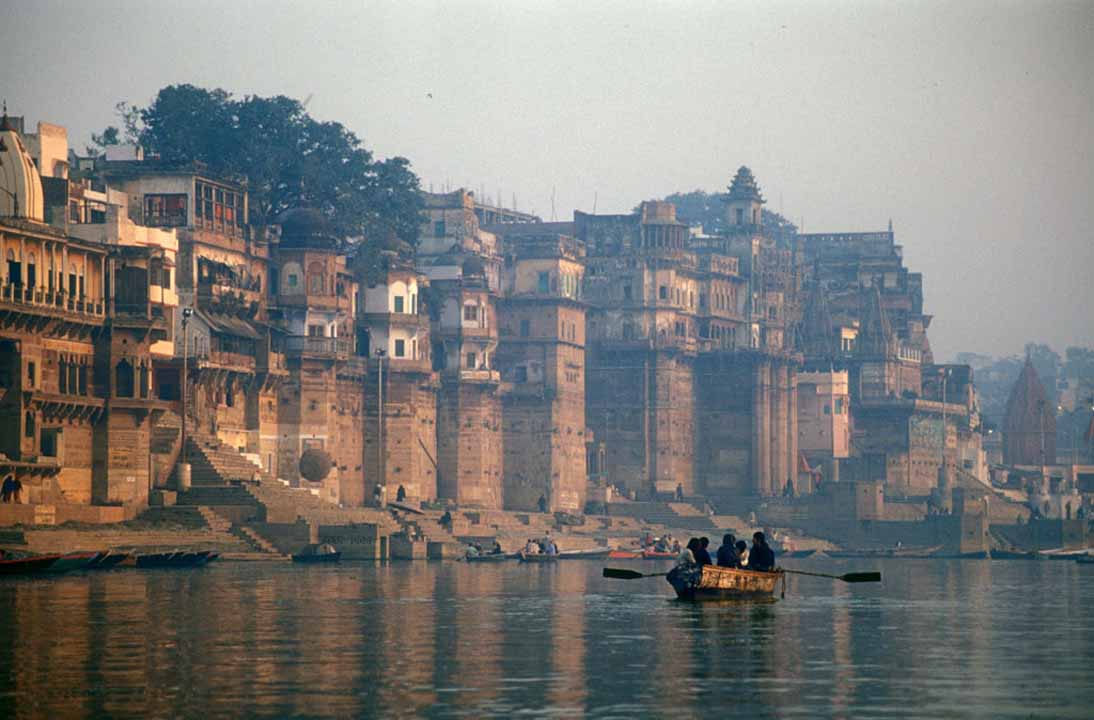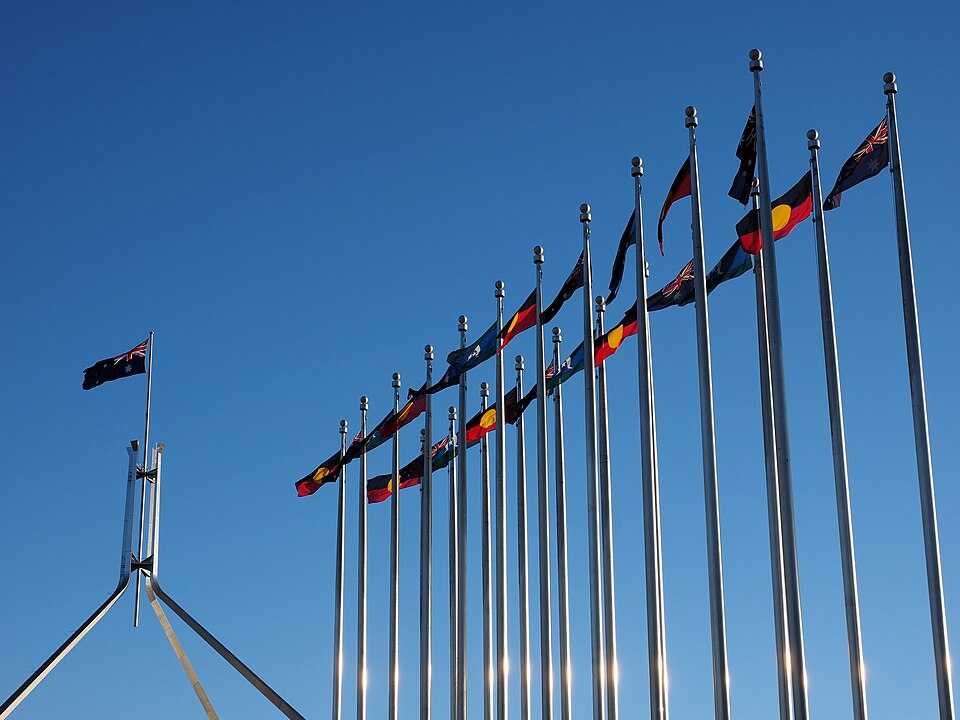Forty-two years after fleeing Cambodia as a refugee, I still carry the weight of war, displacement, and authoritarian violence. As global conflicts echo through diaspora communities in Australia, it is more urgent than ever to uphold Australian values that foster unity, not division, in the face of foreign influence and political extremism.
The year 2025 marks 42 years since my arrival in Australia as a refugee from Cambodia. I am a survivor of multiple violent regimes, including the period under Cambodia’s Communist leadership, during which widespread destruction, loss of life, and internal displacement deeply affected the Cambodian people, as well as the ongoing tensions with Thailand. During my time in refugee camps in Thailand, which were under UN supervision, I experienced mistreatment and assault by camp officers. Today, the images of ongoing wars and civil conflicts—particularly the suffering, displacement, and loss of life among Palestinians—bring back painful memories of my own experiences.
Australia is relatively untouched by civil conflicts, but it has the potential to engage with discourse amongst diasporas within its communities. I am disturbed by the recent protests in Melbourne and Sydney regarding the recent conflict, especially when there is danger posed in Cambodia by Hun Sen’s family dictatorship. For example, during the recent Cambodian-Thai conflict, Cambodians in Sydney and Melbourne organised protests calling “for peace” – while ironically using Hun Sen’s signature slogan. This raises questions about how overseas political rhetoric translates into Australian diaspora activism. While some critics argue this represents a concerning import of authoritarian messaging, it’s important to note that diaspora communities are diverse, with varying levels of political engagement and differing perspectives on home country politics. The challenge for Australia lies in fostering inclusive civic participation while remaining alert to potentially divisive political rhetoric from abroad.
As a refugee who has sought sanctuary in this country, I believe that after 40 years, a successfully integrated life in the Australian community should be measured not only by my personal contributions, but by what I have done to promote critical discourse and advance Australian Values – ensuring that other innocent people do not have to suffer the unspeakable experiences I endured.
Why advocate for Australian Values? To Promote Social Cohesion.
The Australian Values that I see are those values from which my family, particularly my late father, and others fled violent leadership to be in another country. During the launch of a Summit organised by the Australian South East Asian Network, the Honourable Michael Kirby stated that Australian values are not laid down by Parliament or the courts in Australia but instead arise from diversity and differences pursued peacefully within our multicultural country. He believes that social cohesion cannot be forced upon people or imposed by governments but must emerge from the diversity within the community.
Prime Minister Anthony Albanese referred to ‘Australian Values’ during his 2025 election victory as fairness, aspiration and opportunity for all, and the strength to show courage in adversity and kindness to those in need. To me, as a refugee, the Australian Values that I advocate are those values under-represented by leaders when the community is disenfranchised. Driven by the immense suffering experienced under Cambodia’s one-party state, I founded the Australian South East Asian Network in 2021, with a focus on promoting Australian Values. When first formed, the Australian South East Asian Network had three communities: Khmer Krom, Laotian and Cambodian, endorsed by Professor Sev Ozdowski AM. We now have over 15 ethnic groups united as advocates of Australian values.
On 7 May this year, Anthony D’Adam MLC successfully passed a motion in the NSW Legislative Council noting that the Australian South East Asian Network promotes social cohesion and values consistent with Australia’s democratic principles. This motion solidifies my commitment to advocate for multicultural communities to integrate into the wider community. Regardless of how one defines Australian Values, the values that I seek to promote are those that make this country a place for which I am proud not only to embrace but also to lead and advocate for others to join.
Strengthening social cohesion & deterring foreign interference
If Australian communities impacted by foreign influences were to focus on promoting those values that bring us together as Australians, rather than what drives us apart, by default, the community would be more resilient. More importantly, communities would separate themselves from the conditions that necessitated their departure while embracing the opportunities Australia provides. However, the current laws on foreign interference disproportionately affect communities on multiple levels.
Firstly, the current laws create false expectations. Many people in diaspora communities believe these laws were designed to resolve their internal conflicts and bring their communities together. However, the laws fail to achieve this goal, leaving communities deeply disappointed. Without clear guidance, communities are forced to interpret and apply these rules according to their own preferences and perspectives. This self-interpretation inevitably creates more division rather than the unity people had hoped for.
Secondly, the current laws create an inconsistent framework for accountability. While ex-politicians, elected officials, and public institutions must register when dealing with organisations that potentially serve the interests of foreign governments, this requirement does not extend to community leaders who engage with foreign officials and networks from their countries of origin. For example, some Cambodians with dual Australian citizenship who serve in Cambodia’s armed forces can operate within Australian community settings and maintain their roles in Cambodian networks without being subject to the exact registration requirements. This creates a regulatory gap where individuals with dual citizenship or ordinary Australians who engage with foreign governments, whether for economic, advocacy, political, or community interests, face no scrutiny or registration obligations. The result is laws that apply to a tiny population of former officials, while leaving broader community-level foreign engagement unaddressed, despite national security concerns that ostensibly require grassroots-level awareness and accountability.
The path forward
The path forward requires ethnic communities to take ownership of their role in Australia’s social democracy, but equally demands that Australia leverage its position to foster meaningful discourse within the ASEAN region. By developing platforms for dialogue that bring together diaspora communities around shared Australian values, as pioneered by the Lao Community Advancement NSW Co-Op, Australia can transform these communities from potential targets of foreign interference into active ambassadors of democratic principles. When Australia facilitates robust engagement with ASEAN nations on issues of governance, human rights, and social cohesion, it not only strengthens regional relationships but also empowers diaspora communities to advocate for the values that drew them to Australian shores. This approach transforms Australia from a passive recipient of regional tensions into an active promoter of the democratic ideals that can heal divisions both within diaspora communities and across the region. In doing so, Australia fulfils its potential as a beacon of multicultural democracy while ensuring that the values refugees like me fled to find continue to flourish for future generations.
Sawathey Ek OAM is a lawyer, Principal of E K Lawyers (Sydney) and founder of Cambodian Action Group. Sawathey is a former refugee from Cambodia in 1983 and has recently been successfully coordinating with federal Cross Benchers, the Greens and the Labor Party to secure a motion passed in the Federal Senate on 25 June 2018 human rights situation in Cambodia. He is the founder and CEO of the Australian South East Asian Network – ASEAN Ltd and on 7 May 2025, a motion was passed in the NSW Legislative Council recognising initiatives of the Network to promote Australian values for social cohesion. The Constitution of the Network registered with ASIC successfully enshrined statements of Australia’s former justice of the High Court, the Hon. Michael Kirby AC CMG, as part of the definition of Australian Values.
This article is published under a Creative Commons License and can be republished with attribution.




